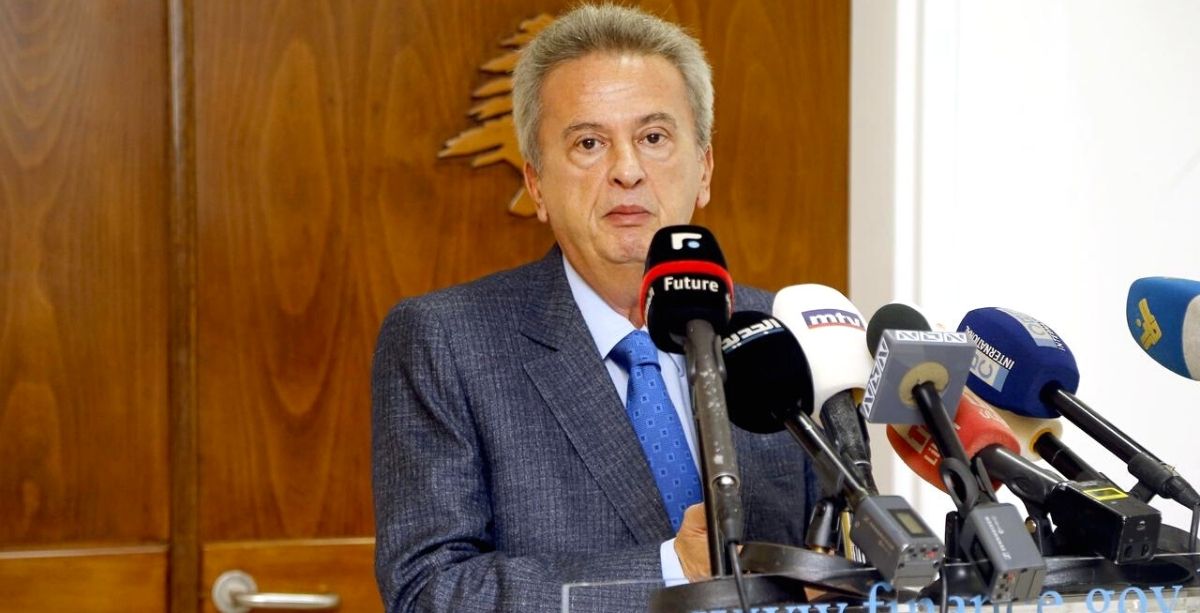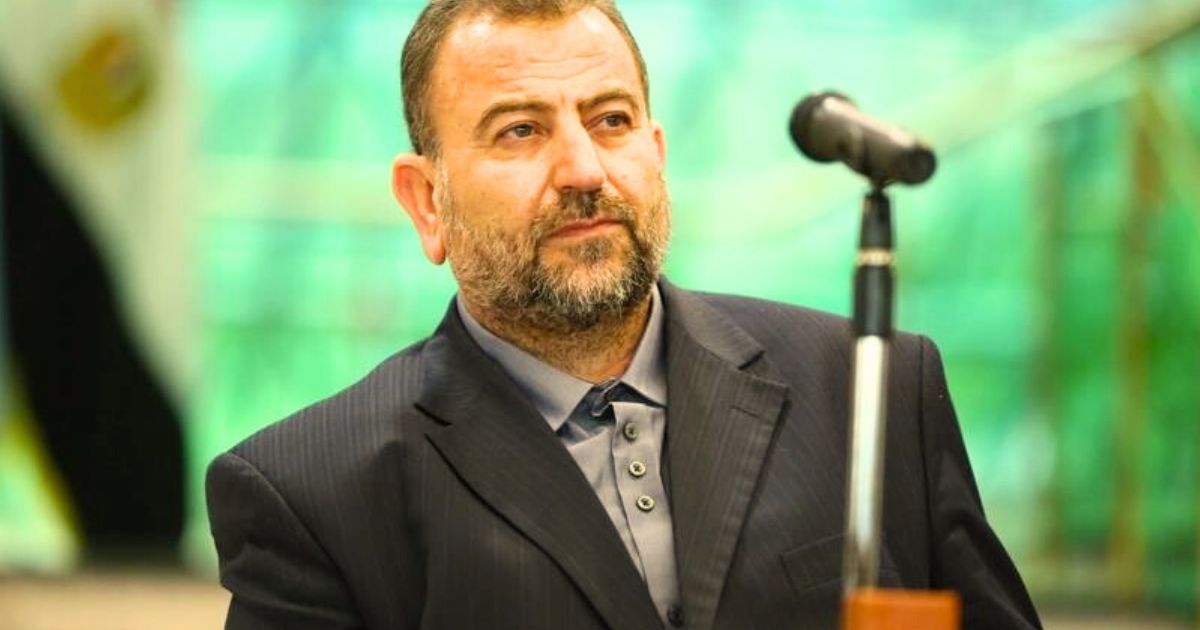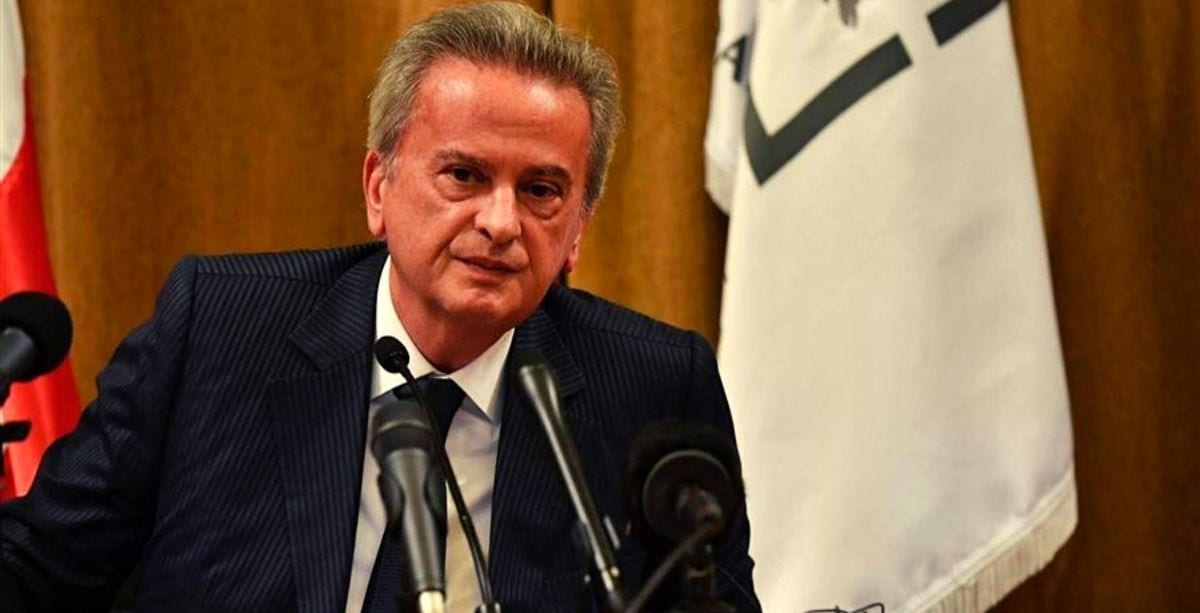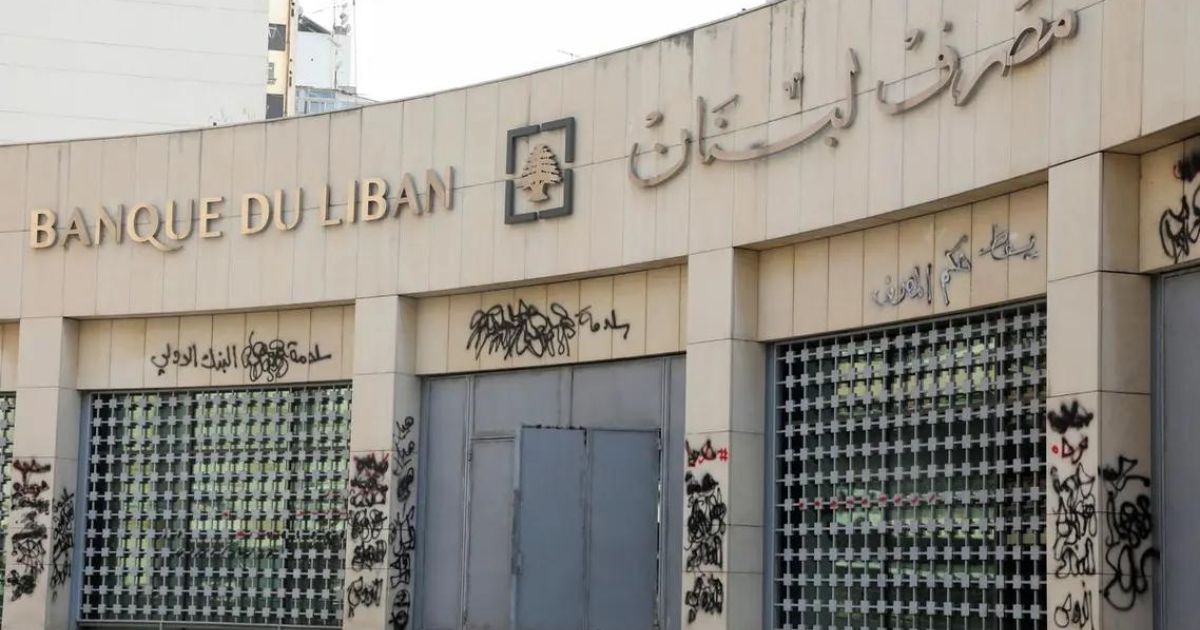As the anticipated end of the subsidies is reigniting the Lebanese street, the governor of Lebanon’s central bank, Riad Salameh, has been summoned for questioning.
Mount Lebanon Prosecutor Judge Ghada Aoun summoned Salameh to appear before her on Thursday, December 10th, where he will be questioned over the waste of subsidized U.S. dollars.
The move coincided with the meeting that was headed on Monday by caretaker Prime Minister Hassan Diab and attended by Salameh and the caretaker government’s ministers.

The meeting aimed at discussing the central bank’s subsidies over basic commodities and the ministries’ respective plans to “regulate the cost of import and subsidies,” according to a statement issued by the Prime Ministry.
To note, Salameh’s summoning does not mean that he is being accused of involvement in wasting public funds. Instead, Judge Aoun only seeks an explanation about the issue from the central bank’s governor, according to local media.
The summoning apparently serves as a tool to put pressure on Salameh by a political group that “wants to replace Salameh with another governor, not to replace the monetary policy,” banking sources told Al-Modon newspaper.
“It also does not want to delve further into the investigation of wasting depositors’ money and not just the subsidy dollars,” the sources added.
Following the Monday meeting, people took to the streets in various Lebanese areas in response to the looming danger that is the lifting of the subsidies on basic items, most notably wheat, fuel, and medicines.
According to reports from two UN agencies, Lebanon could be heading to a social catastrophe if the subsidies are removed. Moreover, a rough analysis from their side showed that up to 80% of the subsidies may actually be benefiting the wealthiest in the country by 50%, with only 20% going to the vulnerable half.











